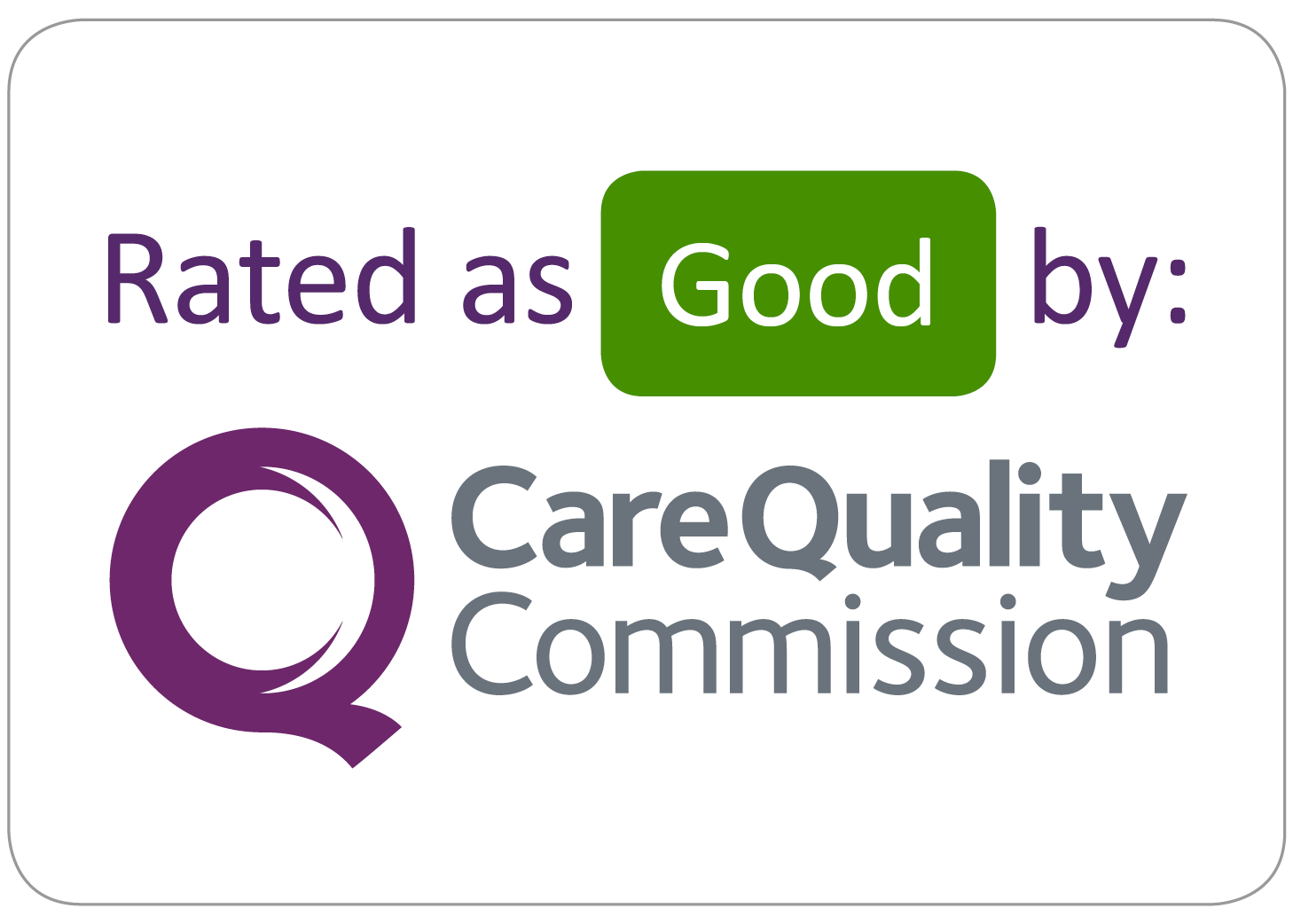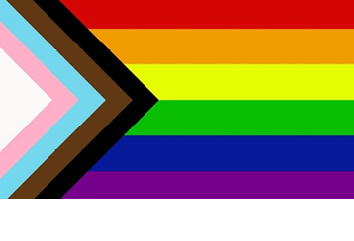Recreational Drugs
Recreational Drug use and your surgery
Marijuana
Marijuana use (in any form) and anaesthesia both affect the central nervous system, which means you may need higher doses of anaesthesia medication when you use marijuana for medical or recreational purposes. This can lead to complications like decreased blood pressure and delayed waking from the procedure.
Marijuana use (either inhaled or edible) can increase postoperative pain, leading to higher use of narcotic pain medications and increasing the risk for opioid use disorder after surgery.
- Daily to weekly use of inhaled marijuana affects your lungs and increases sputum, coughing, wheezing, and the risk of lung infection. Coughing associated with regular use increases the risk of abdominal and chest incisions coming apart (known as “dehiscence”).
- Inhaled marijuana makes your airway more sensitive and can trigger an asthma-like attack when the breathing tube is used during surgery.
- DO NOT smoke or ingest marijuana the day of your surgery.
Other recreational drugs and their affect on surgery and anaesthesia
- Stimulants (Amphetamine, Methamphetamine and Cocaine) Use of these stimulants leads to a variety of problems with surgery and anaesthesia. These substances put you at increased risk of cardiac events during surgery. If you are a long-time user, your anaesthetist or surgeon may need to order an echocardiogram (ultrasound of your heart) to determine if your heart is functioning normally before surgery. They also lead to problems with your lungs during surgery, some of which can be life-threatening.
- Opioids (Heroin, Methadone, Prescription Opioids) Injecting these substances makes it difficult to obtain and keep IV access for your procedure, putting you at risk should you need IV medication during an emergency. Use of opioids makes it difficult to control pain after surgery.
**Sharing information with us about your use of recreational substances helps us keep you safe during surgery**.
Do not use any illegal, recreational drugs (including cocaine, marijuana) 24 hours before surgery. If quitting these substances is challenging, you should seek advice from the surgeon and anaesthetist. Let the team know of any excessive use, so plans can be put in place.
Drug Addiction: Getting Help
If you need treatment for drug addiction, you're entitled to NHS care in the same way as anyone else who has a health problem. With the right help and support, it's possible for you to get drug free and stay that way.
Where can I get help in my local area?
| Calderdale | The Basement Project - Calderdale in Recovery
Project Colt - Calderdale in Recovery
|
|---|---|
| Kirklees (CHFT and MYTHT) | Change Grow Live (Drug and Alcohol Service)
Alcohol, drugs and gambling support - Kirklees Council
|

















